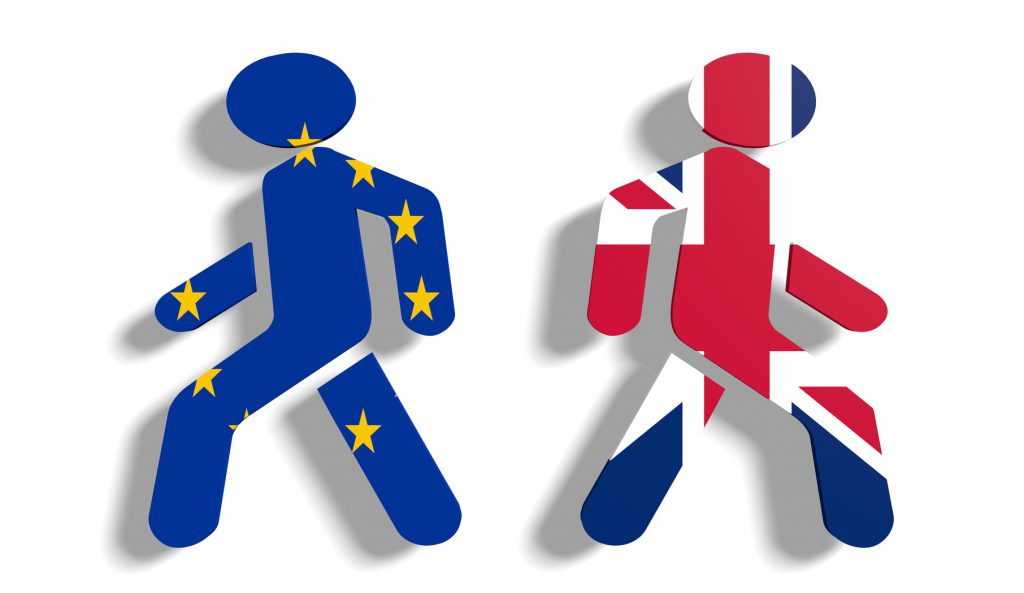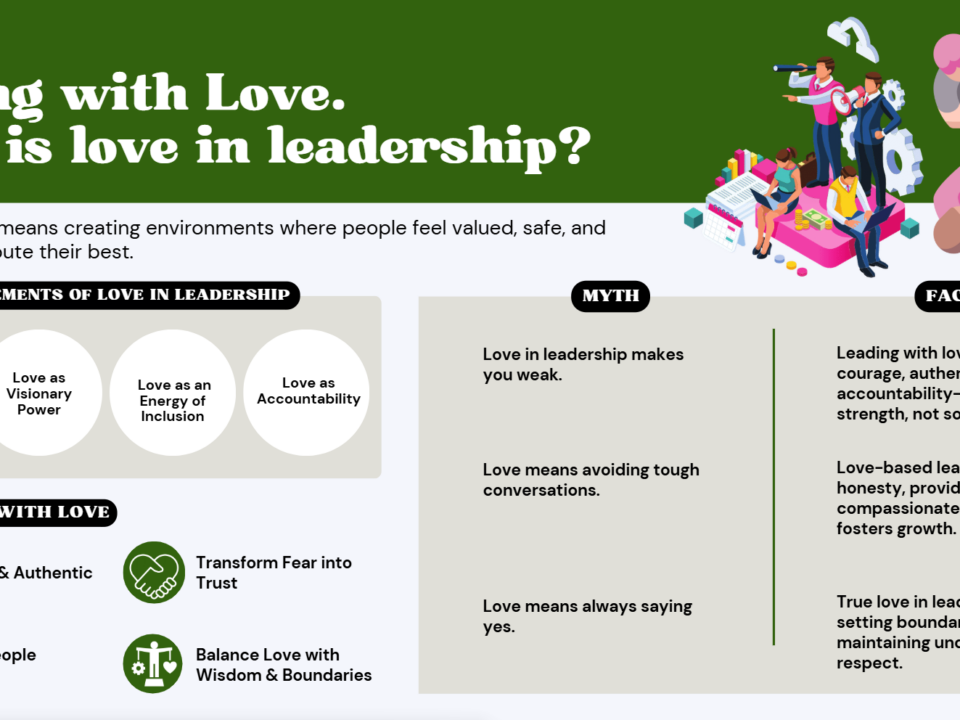
Desire – the Good, the Bad and the Sublime
June 19, 2016
Honouring Our Spirit
October 20, 2016I am a believer of the force of good, of unity and oneness and was maybe somewhat naively hoping that, more UK citizens would think likewise. In my view, the EU is a vision of the future. Despite its many flaws and problems, it stands for a model that the world should be moving toward – so I was a bit stunned with what happened, and have been having a hard time coming to terms with it.
The responsibility of the immense folly – the “Exit” must fall upon the UK leadership, however. The political warring, populism and fear led the leaders to make wrong decision after wrong decision. Decision making as a leader is a shaky ride and on your journey, you will find many seemingly outwardly tempting but actually dangerous pitfalls.
Below are some of the powerful takeaways from a Leadership point of view:
1. There is no place for Selfishness in a leader – Selfish motives in Cameron, led him to create much of this huge pitfall for himself. He used the Referendum as a key vote clincher when he came to power. His focus was to win votes and he did, but at that point he was not thinking about the consequences. First and foremost, great leadership requires one to be unselfish. A leader’s job is to serve the people and in so doing lead them to their highest good. Selfishness is a complete mismatched value to Leadership and often leads one to make wrongful decisions.
2. Populism is a powerful force, great leadership needs discernment – Cameron and the other politicians buckled to populism. Populism is a dominant influence in any democracy, and although, it can be a force of good, it takes a real visionary and much courage to stay above the noise. Populist stances need to be taken into consideration – they work as checks and balances and ensure any potential extremism is kept in control, but ultimately the leader needs to be “wise as a serpent, and gentle as a dove” in reaching a decision. This requires both wisdom and discernment.
3. Unconscious decision making not an option, Responsibility is key – The political parties failed to come to terms and agree on a very important subject, and the decision making was put where it did not belong – In the hands of the masses. Being leaders means making tough decisions, sometimes that means losing popularity. Was this situation really thought through before the In Out Referendum was announced? Were they prepared for what would happen if the vote went against their favor? What plans were put in place in case that did happen? Had they done their homework and thought about what was in the greater good of the country and all its people – instead of being hopeful that the people would make the right decision? “With great power, comes great responsibility” – Decision making is tough, but if you have chosen to be a leader, you better think darn hard through every decision because your decision impacts not just the lives of those under your care, but in this case, also the future generations. This vote went against the youth, it was a decision supported by the older generations, but it severely limited and dis-empowered the people and put the future of the nation at risk.
4. When fear takes over, most people make irrational decisions – Most countries today are led by representative democracy , not direct democracy and there is a reason for this. We as a society have not risen above our fears yet (we will at some point I am sure) A society living in Fear cannot have a direct democratic system as fear leads people to make irrational decisions. That is why the power is given to the leaders, who by virtue of their position / experience / education / vision are meant to have a larger perspective/ global view on any subject. An individual can only look at anything from their limited world view. These individual perspectives for the general populace are primarily driven by fear. Fear of loss, fear of others taking their jobs, their homes, their livelihoods, their cultures etc. In the UK, this outwardly manifested as the fear of EU immigrants taking away something that the British citizens felt was theirs. Knowing where your people stand is fundamental to great leadership. However, if you are in the business of shaping the future of an organization or a nation, then you better know that fear is powerful motivator that leads people to make irrational decisions. A leader cannot afford to be driven by fear or popularity. His role, is to gently but firmly lead his people out of fear consciousness.
While hind sight is always perfect, we can learn important lessons from this great folly. The one I like to stress most, is the importance of Conscious decision making. Deliberate and conscious decision making requires leaders to be unselfish and discerning, to have a long-term view, to have courage to stand against the popular vote, to make tough decisions and bear the brunt in the short term, and last but not the least understand their people, but not let them govern the decisions.
It will take some time for the masses to raise their consciousness to a state where they are ready for direct democracy, until then the leaders must do their part….
Also read https://www.linkedin.com/pulse/crisis-leadership-richard-barrett?trk=prof-post




